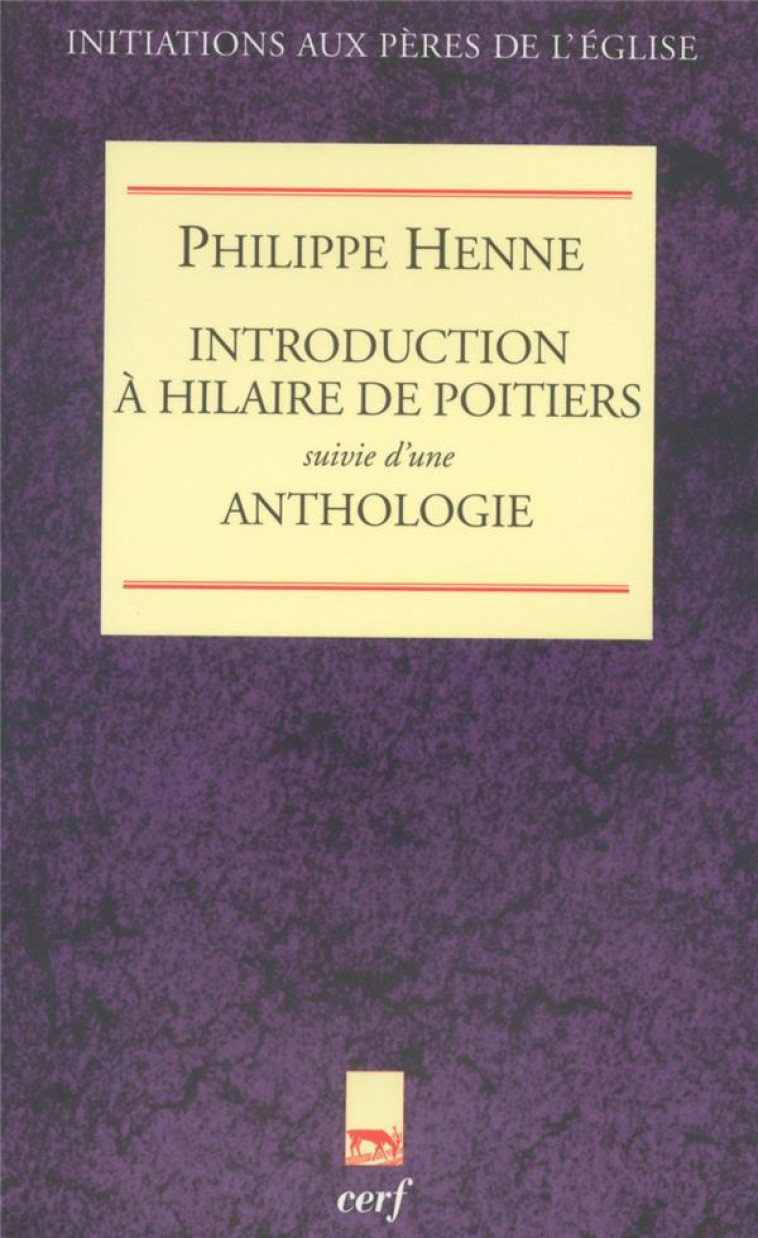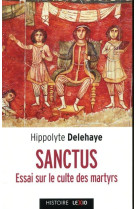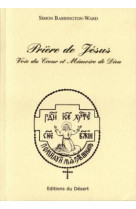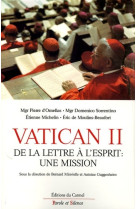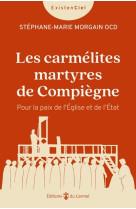--
Thanks to his erudition and the depth of his thinking, Hilaire initiated Latin theology and raised the first hesitant reflections of the Western world. He established foundations large and solid enough for such geniuses as Augustine, Ambrose and Jerome to develop their sacred gifts. Yet nothing heralded such beginnings. Gaul was devastated by regular incursions by German tribes. The country was disrupted by military insurrections that plunged the whole Empire into civil wars that cost many lives. It took a man with solid classic education, a strong sense of duty and responsibility to succeed. Hilaire combined his ability to constitute vast and well-documented dossiers with the courage to establish solid theoretical treatises. He innovated in many domains: the explanation of the Bible and Trinitarian dogma, liturgical creation with new hymns. He even welcomed Martin de Tours and allowed him to found the monastery of Ligugé, from which an age-old monastic movement was to emerge. But Hilaire's most admirable quality was not his ability to create, invent and innovate in theology as in pastoral activity, it was the greatness of his soul. A servant of the Church, he felt bound by real obligations. The bishops of Gaul followed his imperial directives with degrading servility and brought about Hilaire's exile. But the Bishop of Poitiers gave his colleagues, traitors and cowards, dignity and unity. The responsibility of the Church demands that we surpass personal considerations and rise to great decisions that are salutary for all. As Gaul agonized in a declining Empire, Hilaire brought light and an example that enabled people to move forward into a new era: that of a Western world whose radiant culture and centre of faith would soon be universal.

